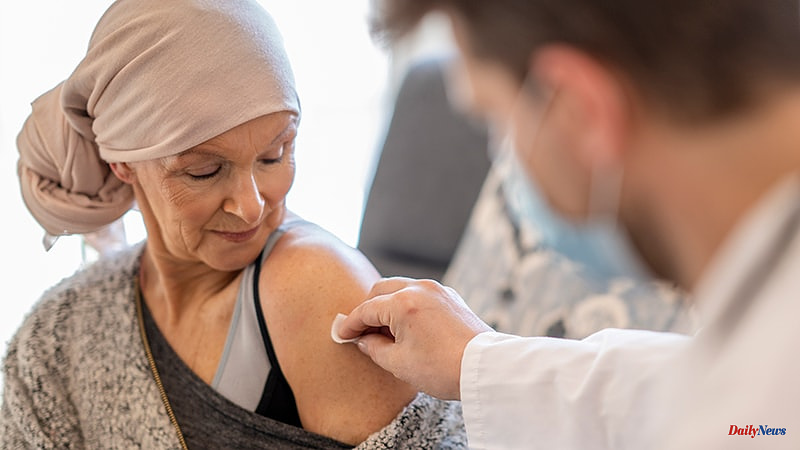Patients with non-muscle-invasive bladder cancer (NMIBC), who have received the bacillus Calmette-Guerin vaccine (BCG), had a nearly half-decreased risk of developing the disease. However, this was only true for those with extremely high-risk conditions.
In terms of disease progression, the study compared BCG with TUR with or with chemotherapy. After adjusting for multiple prognostic factors and repeat resection, BCG did not have a significant effect on high-risk patients.
According to Paolo Gontero MD, director of urology at University of Turin in Italy, the positive effect of BCG on the progression observed in the very high risk but not high-risk group was due to new risk stratification criteria.
An EAU scientific review committee selected the abstract presented at the 2022 European Association of Urology Annual Meeting.
BCG's benefits in NMIBC are still controversial. For example, a 2002 meta-analysis showed that BCG significantly decreased the risk of progression in patients with superficial bladder carcinoma receiving maintenance therapy. However, a 2009 meta analysis found that BCG was not better than mitomycin C at delaying or improving overall or specific survival.
Gontero sought to clarify the role of BCG in bladder cancer prevention with the current analysis. To stratify patients, the investigators used newly developed EAU very high and EAU high prognostic factors risk groups.
Retrospectively, they compared BCG's impact with TUR with or with chemotherapy on progression for patients in the highest-risk groups. Multivariate analyses were performed to account for potential prognostic factors that could affect progression in each group.
There were 4821 NMIBC patients for whom complete data was available. 1657 were deemed high risk and 368 were very high-risk.
Overall, 58 patients (26.6%) in the very high risk group who received BCG had disease progression. This compares to 31 of 99 (31.3%) who were treated with TUR with or with chemotherapy (hazard ratio [HR], 1,93).
However, high-risk patients had 112 of 905 patients (13.4%) who experienced disease progression compared to 69 of 752 (9.2%), who received TUR with/without chemotherapy (HR, 0.91; 95%CI, 0.66-1.16). After adjusting for pathological prognostic factors, and repeat TUR, there was no significant effect from BCG in the high-risk patients.
Morgan Roupret MD, PhD of the Sorbonne University, Paris, was not part of the research. He stated that the EAU's current guidelines encouraged a new stratification to better identify patients at high risk for progress.
Roupret stated that the take-home message is that in a time of shortage of BCG we should limit the dose to patients who are considered very high risk according the guidelines.
The study did not receive funding from any sources. Gontero is friends with Ferring, Arguer and Ipsen. Roupret has not disclosed any relevant financial relationships.
European Association of Urology (EAU), 2022 Annual Meeting: Abstract a0234. This presentation was made July 1, 2022.
Neil Osterweil is an award-winning journalist in the medical field and a regular contributor to Medscape.
Follow Medscape on Facebook, Twitter and Instagram for more information.












